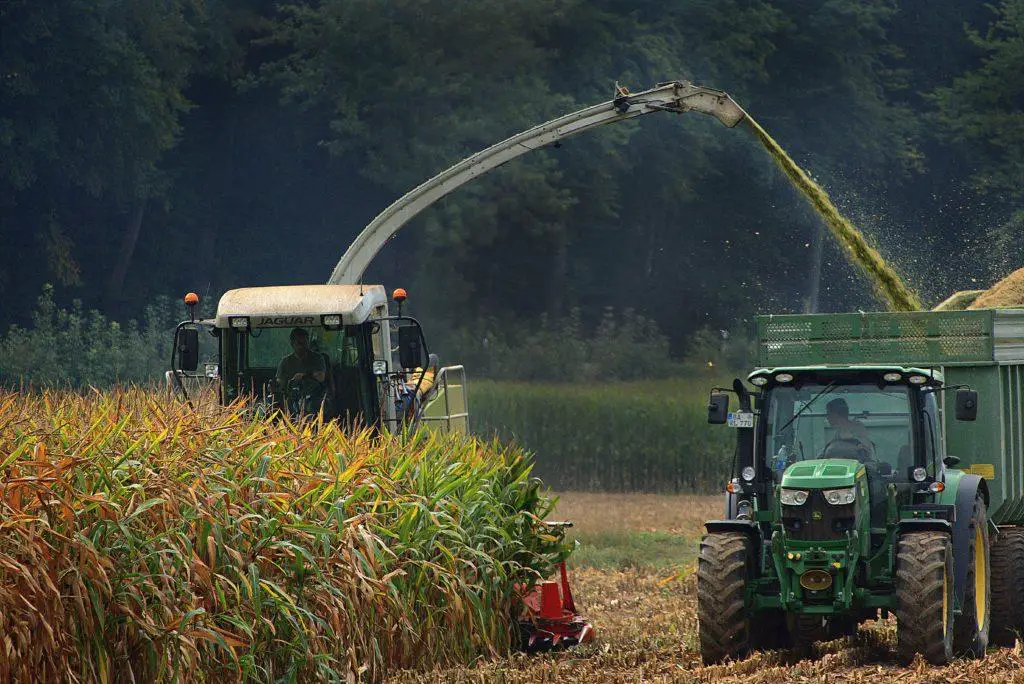
If you’re an American, the current state of gas prices is surely front and center as one of the biggest issues of 2022. Social media is bloated with pictures and comments on the high price of their last fill up. Gas is one of the most common recurring expenses for the modern American, and with the rise of prices we’re looking to the government to help lower the total amount we spend every fill up.
Earlier this month we were given some insight as to what the US government is proposing will help this issue, plaguing citizens across the country.
President Joe Biden addressed an Iowa ethanol plant, Tuesday April 12th, with what appears to be a solution to this issue. His plan? Permit the sale of E15 gasoline through the summer of 2022.
What is E15 Gasoline?
The term E15 is in reference to the percentage amount of ethanol in the gas you’re pumping into your vehicle; 15% ethanol and 85% pure gasoline. Ethanol is essentially alcohol. The same alcohol found in beer, wine, and spirits; is also found in the gasoline you purchase at the pump.
The inclusion of this alcohol in gas is necessary as it provides the gasoline with oxygen and allows the fuel to burn cleaner in your engine. However the inclusion of too much ethanol can result in corrosion and lower fuel economy. Traditionally E15 gasoline is only sold in the colder months, as the summer heat causes the evaporation of liquids such as gasoline, increasing the amount of emissions.
The Environmental Protection Agency has rules in place regarding the use of high ethanol fuel between June 1 and September 15, to help regulate the increased evaporation of ethanol blended gasoline that can lead to smog. Such rules grant the use of E10 gas throughout the summer months, however the use of E15 has had no such approval in the past.
The EPA has now issued a national emergency waiver to allow E15 fuel to be sold in these upcoming summer months, including in areas where smog is already an existing issue.
E15 fuel tends to be a bit cheaper than its more ethanol-free counterpart: E10. The price difference is minimal; only selling between five and ten cents cheaper, but this appears to be enough of a difference to peak the interests of legislation. They seem to be looking out for the American people by promising to lower prices by allowing more higher ethanol gas to be sold over this upcoming summer; however only about 2,300 gas stations are equipped to pump this higher ethanol blend across the country, states the Biden administration.
Where does ethanol-based fuel come from?
Ethanol is typically produced by the large agricultural interests located in the midwest. Corn is the main crop used to create ethanol found blended together with gasoline. The use of corn has seen a large increase since 2005, more than tripling after the enactment of the Renewable Fuel Standard, that urges fuel refiners and importers to include a variety of biofuels; including ethanol.

Ethanol now accounts for over 10% of the United States gasoline usage which was a measly 1% in the year 1993. So it is undoubtedly in the best interest of these large agricultural producers to increase this percentage. Oil Companies have been in direct opposition of this ethanol inclusion trend that has been carrying on for the past 30 years.
They have issued multiple warnings regarding potential engine damage from uninformed drivers inadvertently pumping this high-ethanol fuel into their vehicles that have not been approved to use it. Manufacturers have stated the use of high ethanol fuels in their vehicles can void their car’s warranty. Some environmentalists have even denounced the use of higher ethanol fuel due to the higher production of corn, which results in higher counts of agricultural runoff.
Now, how exactly will this piece of legislation affect the average American? You may start to see lower gas prices if you opt into purchasing this higher ethanol fuel, but that’s not the only thing you would be seeing.
You would also begin to notice you’re having to fill up your tank more on average as the added ethanol in your gas is burning faster and producing less energy for your engine. So if you’re paying five to ten cents less for gas on average, but filling up more frequently, are you really saving money in the grand scheme?
Is this piece of legislation in the best interest of the American people? Or is it in the best interest of large ethanol producers, now selling more ethanol through the summer months which previously were not as profitable? I personally am curious to see the future ramifications of this new rule enacted by the president, and how this will affect the American people.
Let us know your thoughts in the comments below!

Doug is our resident mechanic and automotive expert. With over 20 years of wrenching under his belt, he is our go-to for any question we have about additives and cars.
